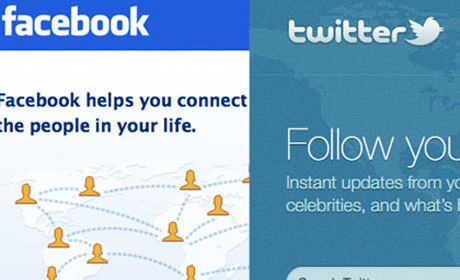With increased focus on social sharing, NME.com‘s Luke Lewis thinks that creating successful social news comes down to three key things: social feedback which creates fuel for editorial, harnessing fans’ passion as a trigger for sharing and embracing feelgood moments.
Speaking at news:rewired’s social news session, Lewis shared NME.com’s success stories including trending hashtags like #songthatchangedmylife and focusing on posting irreverent and likeable content on their Facebook page.
A Twitter hashtag might seem like quite a meretricious format, but the feedback you can get from successful hashtags can actually be quite moving.
From simple questions we can go further and create Spotify playlists, videos and galleries.
He added: “Facebook is the heart of our community, we have a very lively audience that’s sometimes a bit of a viper’s nest”.
In the end it doesn’t matter where people are engaging – whether it’s the website, Twitter or Facebook – as long as it’s with us.
When it came to engagement, Channel 4 News’ Faisal Islam said, when it comes to Twitter, “numbers simply do not matter” and said ego drove some journalists’ preoccupation with numbers. Islam’s three top tips for distributing social news were simple; be interesting, be social and be yourself, with a final caveat of “be careful”.
Tumblr is the blogging network that’s grown and grown. According to its media outreach partner Mark Coatney, Tumblr hosts 64 million blogs, 140 million monthly uniques and 70 million new posts every day. “That’s a lot of cats” said Coatney.
The social blogging platform is designed with two things in mind – making it as easy as possible to publish and make it simple for users to follow and republish what others are doing.
Newsweek used Tumblr to speak to a new, younger audience and to provide a voice and personality to it. Others like NPR Fresh Air are successful on Tumblr because they use it to participate actively in the culture and not just self-promote.
Coatney remarked Tumblr was more focused on media companies than individual journalists at the moment, a sentiment which is echoed by the increasing amounts of organisations on it, including Breaking News, Reuters and the Guardian.

